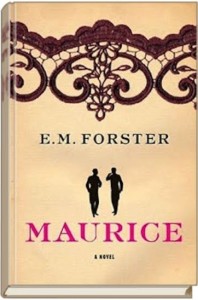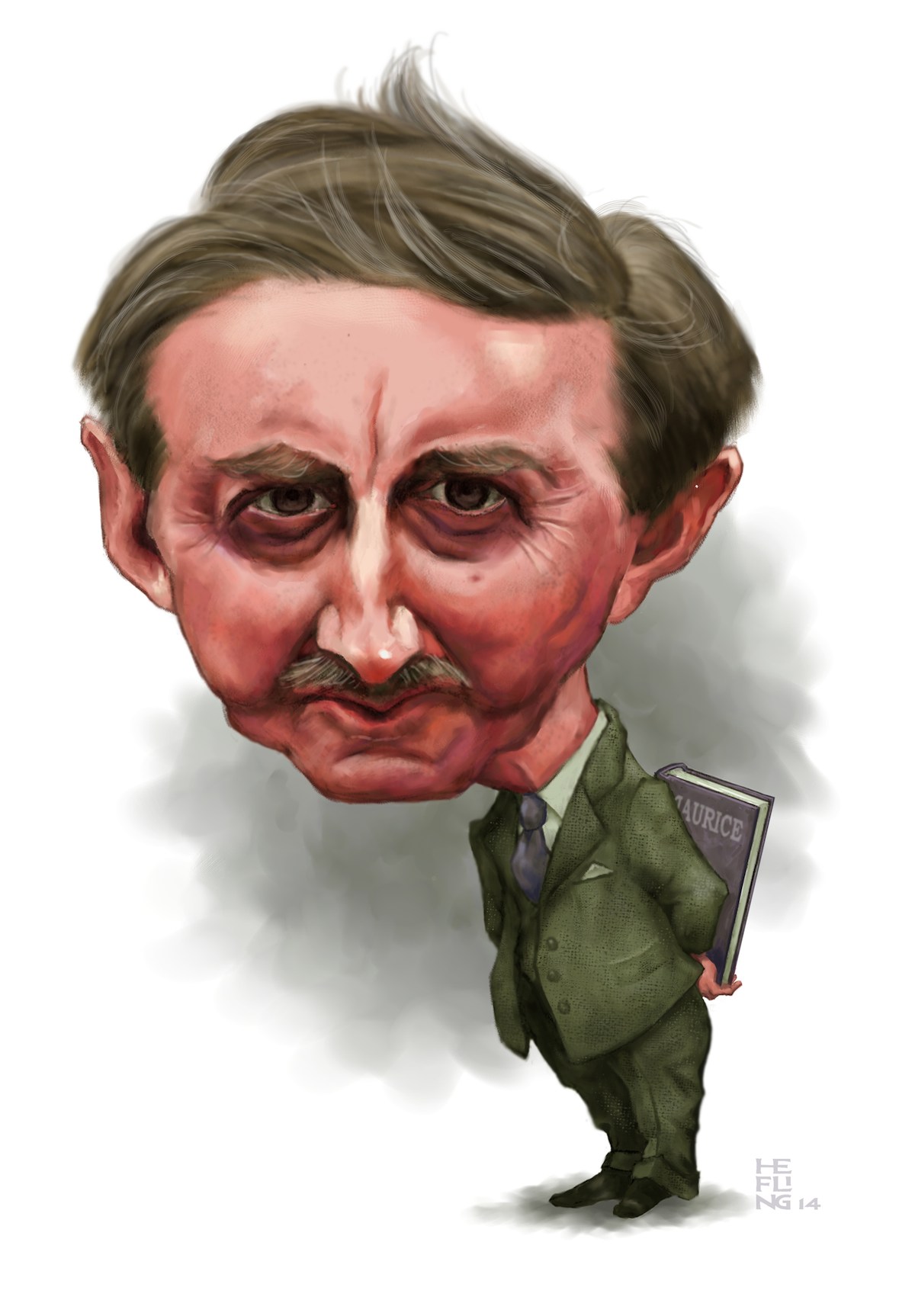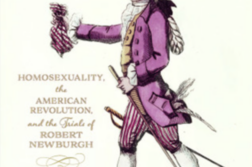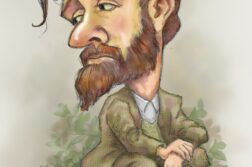A COMPELLING CASE can be made for E. M. Forster’s Maurice as the first gay novel. Completed 100 years ago this year, Forster’s boldness lay in his revolutionary decision to adapt the discourse of the marriage novel to a moving depiction of same-sex love. He  was the first to do so, even if his novel wasn’t published until 1971. At the time there was no concept that same-sex could love could form the basis for a stable and happy lifetime commitment, so Forster was genuinely innovative to imagine such a possibility.
was the first to do so, even if his novel wasn’t published until 1971. At the time there was no concept that same-sex could love could form the basis for a stable and happy lifetime commitment, so Forster was genuinely innovative to imagine such a possibility.
But, of course, there is the stubborn fact of Forster’s failure to publish Maurice during his lifetime, as his gay liberationist message remained buried until two years after the Stonewall Riots had announced the coming revolution. When writing Maurice, Forster was preoccupied with the legal and cultural ramifications of the Oscar Wilde trials of 1895, and censorship remained an obstacle practically until the time of Stonewall. The book’s publication in 1971 brought it to the attention of a newly awakened audience that could find in it a vision for actualizing the dreams of gay liberation.
Following is a slightly trimmed version of a piece that appeared in the November-December 2009 issue. — DG






